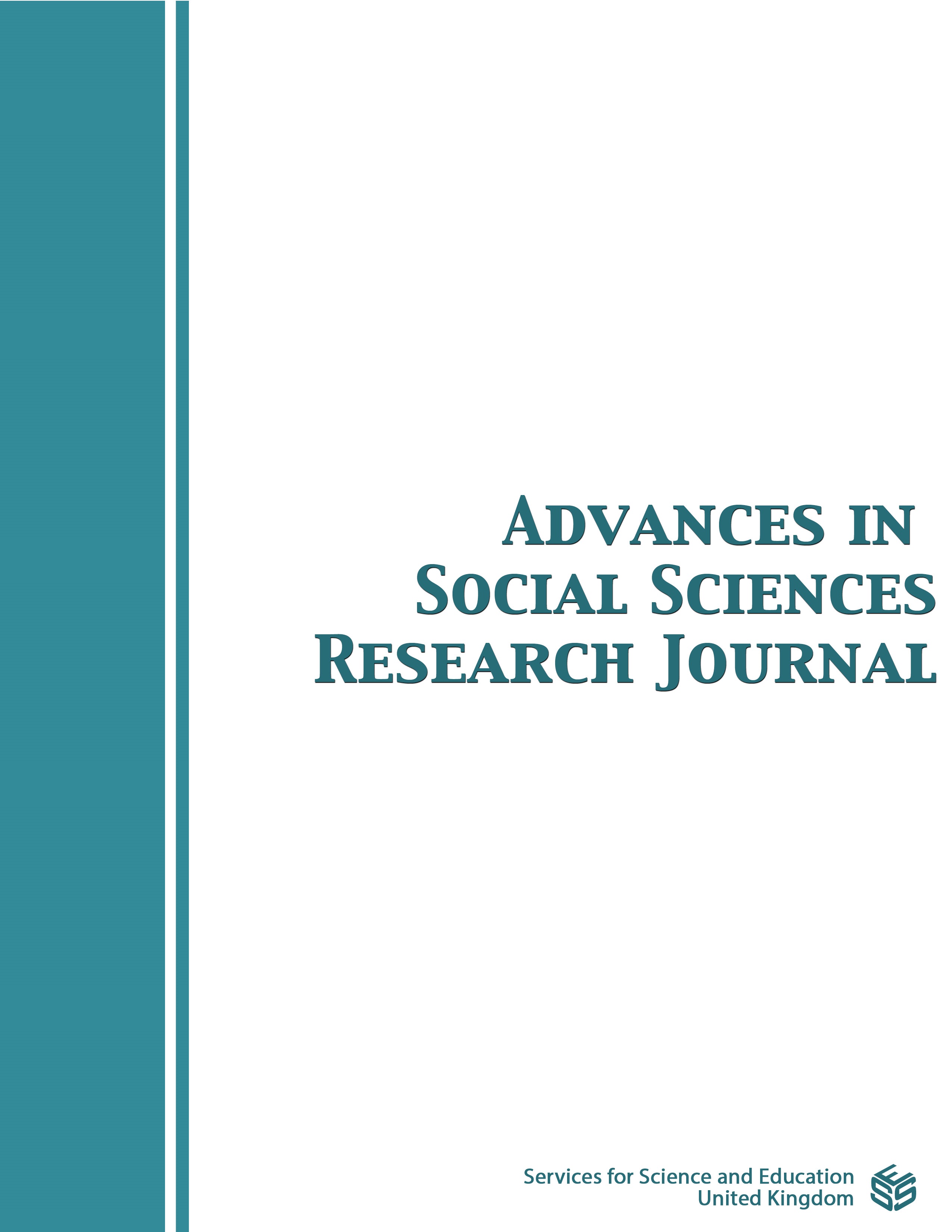Climate Resilience, Vulnerability, Differential Impacts and Adaptive Capacity in Nigeria
DOI:
https://doi.org/10.14738/assrj.115.16885Abstract
This research investigates and promotes climate resilience in Nigeria’s vulnerable communities, which are disproportionately affected by climate change. How climate change worsens existing problems such as food insecurity, poverty, and conflict in Nigeria serve as the rationale to this study. Hence, defining climate resilience, reviewing relevant literature, and conducting a case study to generate evidence-based recommendations give insight into the objectives of this study. Therefore, reviewed literature shows the diverse impacts of climate change on disadvantaged groups, such as small-scale farmers and urban coastal dwellers. Vulnerability assessments highlight the need for adaptive capacity, integrating local knowledge in solutions. Case studies illustrate vulnerabilities in poor urban coastal areas, rural regions, and the Niger Delta. Differential impacts are examined, such as the gendered effects of climate change on women and the challenges faced by indigenous communities and urban slums. Adaptive capacity is discussed, stressing social capital, collective action, and the interrelation of adaptation, adaptive capacity, and vulnerability. Adaptive capacity assessment in Nigeria indicates difficulties in rural farming households and urban coastal communities, requiring enhanced capacities. Indigenous knowledge plays a vital role in adaptive measures, fostering resilience. Resilience enhancement strategies emphasize social justice, inclusive governance, and community-based adaptation, acknowledging the significance of local empowerment and participation. Technology and innovation provide possibilities but need context-specific methods. These strategies can help build climate resilience in Nigeria’s vulnerable communities, offering a basis for policymakers, practitioners, and stakeholders to tackle the complex challenges of climate change.
Downloads
Published
How to Cite
Issue
Section
License
Copyright (c) 2024 Joy Folorunso

This work is licensed under a Creative Commons Attribution 4.0 International License.
Authors wishing to include figures, tables, or text passages that have already been published elsewhere are required to obtain permission from the copyright owner(s) for both the print and online format and to include evidence that such permission has been granted when submitting their papers. Any material received without such evidence will be assumed to originate from the authors.






